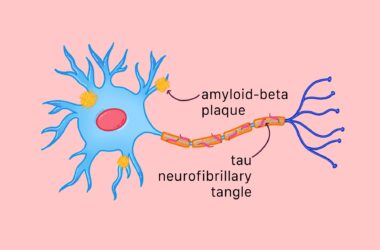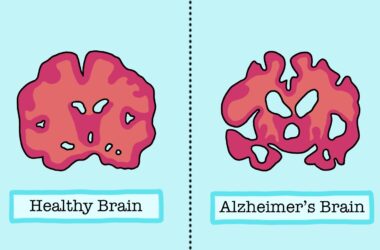For many multiracial individuals, answering a seemingly simple question—“What is your race?”—can be anything but straightforward. Demographic forms, surveys, and research questionnaires often present a narrow list of options. These limited categories, often shaped by researchers’ own biases, can lead to results that may not fully encompass one’s true racial[Read More…]
Science & Technology
The latest in science and technology.
Rethinking environmental risk assessment for Indigenous communities
Across Canada, Indigenous communities are grappling with a severe environmental crisis. Approximately 4,500 sites on reserve lands are listed as contaminated in the Canadian Federal Contaminated Sites Inventory, representing 29 per cent of all such sites nationwide. This disproportionate concentration of contaminated sites has resulted in significantly higher exposure to[Read More…]
Neurostructural correlates of obesity: Evidence for brain-body interactions
A recent study led by Filip Morys, a Research Associate at The Neuro in Montreal under the supervision of Dr. Alain Dagher, explores the bidirectional relationship between obesity and brain function. The findings reveal that weight gain can be both a cause and a consequence of changes in the brain.[Read More…]
Patient perspectives on services provided by a deradicalization clinic
As social polarization increases around the globe, attitudes that justify the use of violence grow alongside it. Deradicalizing both potential and convicted offenders of violent extremism—violence motivated by ideological, political, or religious agendas—thereby continues to be important for preventing the perpetuation of hate. In a recent study, Cécile Rousseau, professor[Read More…]
Hormone therapy: A new way to treat Alzheimer’s, or more harm than good?
Menopause is often associated with sleep disturbances, hot flashes, and mood swings—but could it also play a role in brain health? While most people do not immediately link menopause with Alzheimer’s disease (AD)—a brain condition that results from the buildup of amyloid and tau proteins in the brain—research suggests that[Read More…]
Dementia and disparities: The sex differences in healthcare use
Healthcare inequities—avoidable differences in health across population subgroups—are ubiquitous in Canada. Even though women are more affected by dementia—a group of age-related diseases characterized by memory decline—than men, current dementia policies often do not consider sex-based differences. Dementia is a major public health issue, with the number of cases projected[Read More…]
Less is more: How efficient crop water use promotes environmental sustainability
Freshwater plays a pivotal role in global food production, with over 70 per cent of available freshwater supplies used in agriculture for pumped irrigation and rainwater harvesting. While the water cycle ensures freshwater regeneration through a continuous movement of water between the surface and atmosphere, our current usage of freshwater[Read More…]
Do we really choose our groceries, or does habit choose for us?
How do we decide what to buy when we go grocery shopping? Why do we purchase the same items time and time again? Do we really choose our groceries, or do we pick what we buy based on habit alone? Hiroshi Mamiya, a professor in McGill’s Department of Epidemiology, Biostatistics,[Read More…]
Addressing perinatal mental health disparities among immigrant parents in Canada
Pregnancy and postpartum can be emotionally overwhelming, and for first- and second-generation immigrants, these challenges are often intensified by cultural barriers, discrimination, and limited access to mental health resources. According to Statistics Canada, nearly 23 per cent of Canadians were born outside of the country, making it essential to address[Read More…]
Sleep on it: ‘Share Your Sleep Story’ spotlights sleep as a healthcare and human right
When all the world is asleep, the body is hard at work. While many people view their resting hours as lost time, the Share Your Sleep Story initiative explores sleep as time invested in a deeply human act of being. The public engagement initiative highlights individuals’ experiences with sleep—and the[Read More…]















